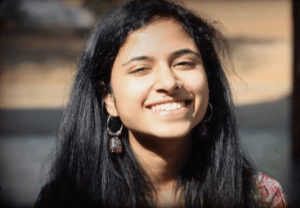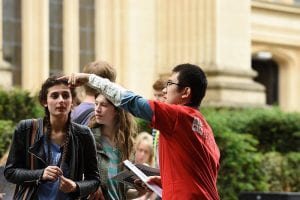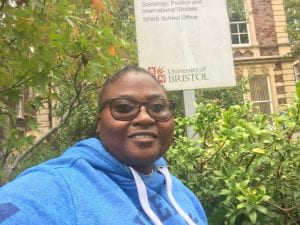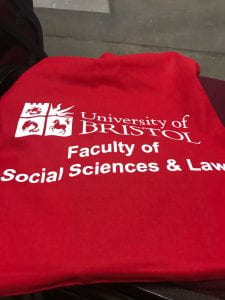Current postgraduate student, Meera, gives us an insight into the typical life of a postgraduate at Bristol.
I have classes from 9.30 am to 4.30 pm on Mondays, Tuesdays and Thursdays. My programme – MSc Public Health – has opened my eyes to the vast potential and relevance of the subject and field. My professors come from a variety of schools within the University, ensuring what we learn is not guided by a linear perspective. The lectures are well-supplemented with practicals which give a well-rounded learning experience. Constant engagement with students coming from a range of academic, social and cultural backgrounds allows me to exchange knowledge, understand new ideas, build teamwork-related skills and practise cultural relativism.
It can be nerve-wracking to be in a new environment; however, my coursemates, other students and professors have always lent me a helping hand. The libraries felt comfortable and managed to incentivise study. I enjoy the vast collection of books and hope to find leisure-based reading when I find some extra time!
“Studies occupy a significant portion of my time, but I also undertake part-time work to learn new skills, engage with people and earn a little on the side!”
I work on assignments and revise taught coursework throughout the week to ensure I am on track. When in doubt, the professors are ready with solutions. Studies occupy a significant portion of my time, but I also undertake part-time work to learn new skills, engage with people and earn a little on the side! It feels encouraging to know I can contribute as a Postgraduate Student Ambassador, and I am able to learn and recognise my potential every day.
Having made some friends from my home country, I make it a point to meet with them once a week to balance the workload. Familiarity is comforting and reinstills motivation and confidence in me to get my work done. The course has helped me connect with individuals from various nationalities and cultures and recognise cultural similarities and differences.
“The course has helped me connect with individuals from various nationalities and cultures and recognise cultural similarities and differences.”
The Bristol International Student Centre has become my go-to place on days when cooking seems tiring and the BISC menu is delicious. I have managed to meet interesting people over their weekly Friday lunches, which makes University seem more fun. Bristol is a beautiful place to explore, and I purposefully make time to diversify my food palate, visit the famous tourist places and reconnect with nature!
The number of clubs and societies I had the opportunity to join was incredible. Considering my coursework, I managed to follow through with only three – the Indian society (which helped me remain rooted in my culture by being regularly involved in cultural festivals and other events), Bristol Sikh Society (whose weekly gurudwara/Sikh temple visits helped nourish in me a feeling of seva/working with compassion) and Krishna Consciousness Society (which helped me embrace the everlasting teachings of my holy scriptures). Bristol has truly proved to be a welcoming place for me and is lovable in all respects (excepting the cold weather)!
“Bristol has truly proved to be a welcoming place for me and is lovable in all respects (excepting the cold weather)!”
To hear more insights from current students like Meera, sign up for a virtual event and ask them your questions!









